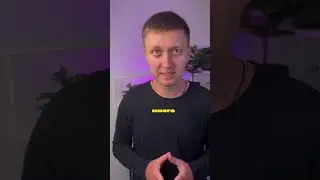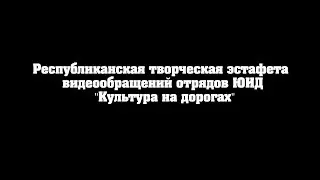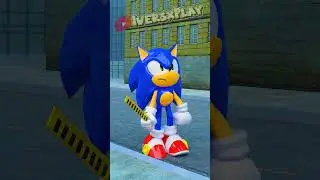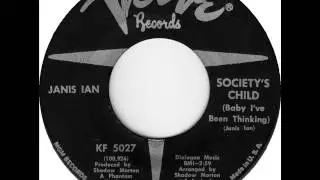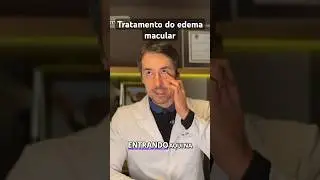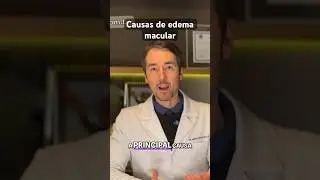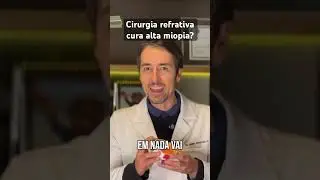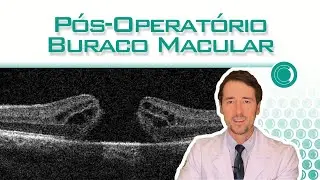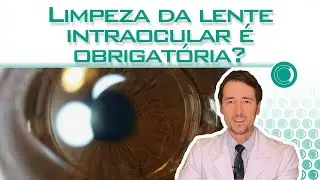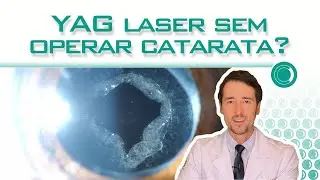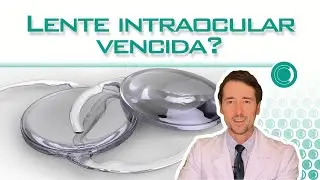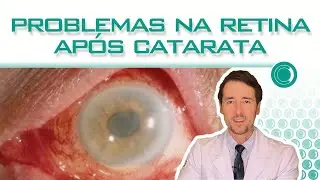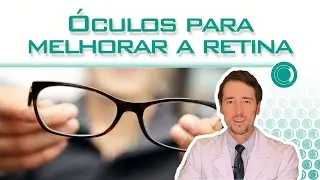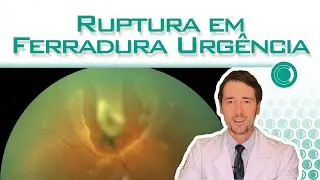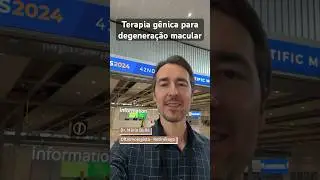Post-Operative Macular Hole Surgery: What Do You Need to Know?
If you or a loved one has been diagnosed with macular hole and is about to undergo surgery, it's natural to have questions about what to expect during the post-operative period. Macular hole is an eye condition in which there is a defect in the center of vision, specifically in the macula, the part of the retina responsible for central and detailed vision. Surgery to correct this condition is delicate and requires special care during recovery. In this article, we'll cover in detail what you can expect after macular hole surgery and how to ensure a successful recovery.
Understanding the Macular Hole
A macular hole is a condition that can arise idiopathically, i.e. without a specific cause, although it is more common in older people and women. The formation of a hole in the macula causes a distortion in vision, making everyday activities such as reading, recognizing faces and using electronic devices difficult. To treat this condition, the most common surgery is vitrectomy, combined with the removal of the internal limiting membrane and the insertion of a gas bubble into the eye.
The Surgery: What Happens During the Procedure?
Macular hole surgery involves several crucial stages. First, the surgeon performs a vitrectomy, which is the removal of the vitreous, a jelly-like substance that fills the eye. Next, a very thin, almost transparent membrane called the internal limiting membrane is removed. To visualize this membrane, the surgeon uses a dye, usually brilliant blue, which makes it easier to identify and remove.
After removing the membrane, a gas bubble is inserted into the eye. This bubble is fundamental to the success of the surgery, as it helps to pressurize the retina, allowing the macular hole to close gradually in the days following the surgery.
Post-Operative Care: The Importance of Head Position
The post-operative period of macular hole surgery is a crucial phase in ensuring the success of the procedure. One of the most important precautions the patient must follow is to keep their head tilted downwards during the first few days after surgery. This position is essential so that the gas bubble remains in direct contact with the macular hole, helping to seal it properly.
Eye drops and eye hygiene care
After the surgery, the patient will receive detailed instructions on the use of eye drops, which usually include a combination of corticoids, antibiotics and anti-inflammatories. These drugs are essential for preventing infection and reducing inflammation. It is important that the patient follows the medical team's instructions regarding the frequency and duration of eye drops.
Activities and Rest: What You Can and Can't Do
During the first few weeks after surgery, the patient should avoid intense physical activity and situations that could increase eye pressure. Climbing to high altitudes, such as traveling to mountains or flying by plane, is strictly contraindicated while the gas bubble is present in the eye. This is because the change in altitude can cause the gas to expand, causing a dangerous increase in eye pressure, which can result in intense pain and damage to vision.
Complications and Warning Signs
Although macular hole surgery is generally successful, with a hole closure rate of over 90% in the most recent cases, it is important to watch out for signs of possible complications. If the patient notices that their vision, which was improving, begins to worsen or if there is intense pain in the eye, it is essential to contact the medical team immediately. These situations can indicate problems such as retinal detachment or eye infection, which require rapid intervention.
In addition, it is expected that vision will remain blurred for the first few days after surgery due to the presence of the gas bubble. As the gas is reabsorbed by the body, vision should gradually improve, but the patient should be aware that full visual recovery may take weeks or even months.
This video and its comments are not a substitute for a medical consultation and are for educational purposes only. They should not be used to make decisions, for which a face-to-face consultation with a specialist doctor is necessary.
Author:
Dr. Mário César Bulla
Cremers 28120
Ophthalmologist - Retinologist
www.clinicabulla.com.br
www.especialistaemretina.com.br
Instagram: @retina.bulla
Video URL: • Buraco Macular: pós-operatório.
@Retina e Vítreo
#retina
#ophthalmology
0:00 What's the aftermath of a macular hole?
1:01 What is a macular hole?
1:50 Macular hole surgery: vitrectomy with membranectomy and gas?
2:55 Postoperative macular hole.
